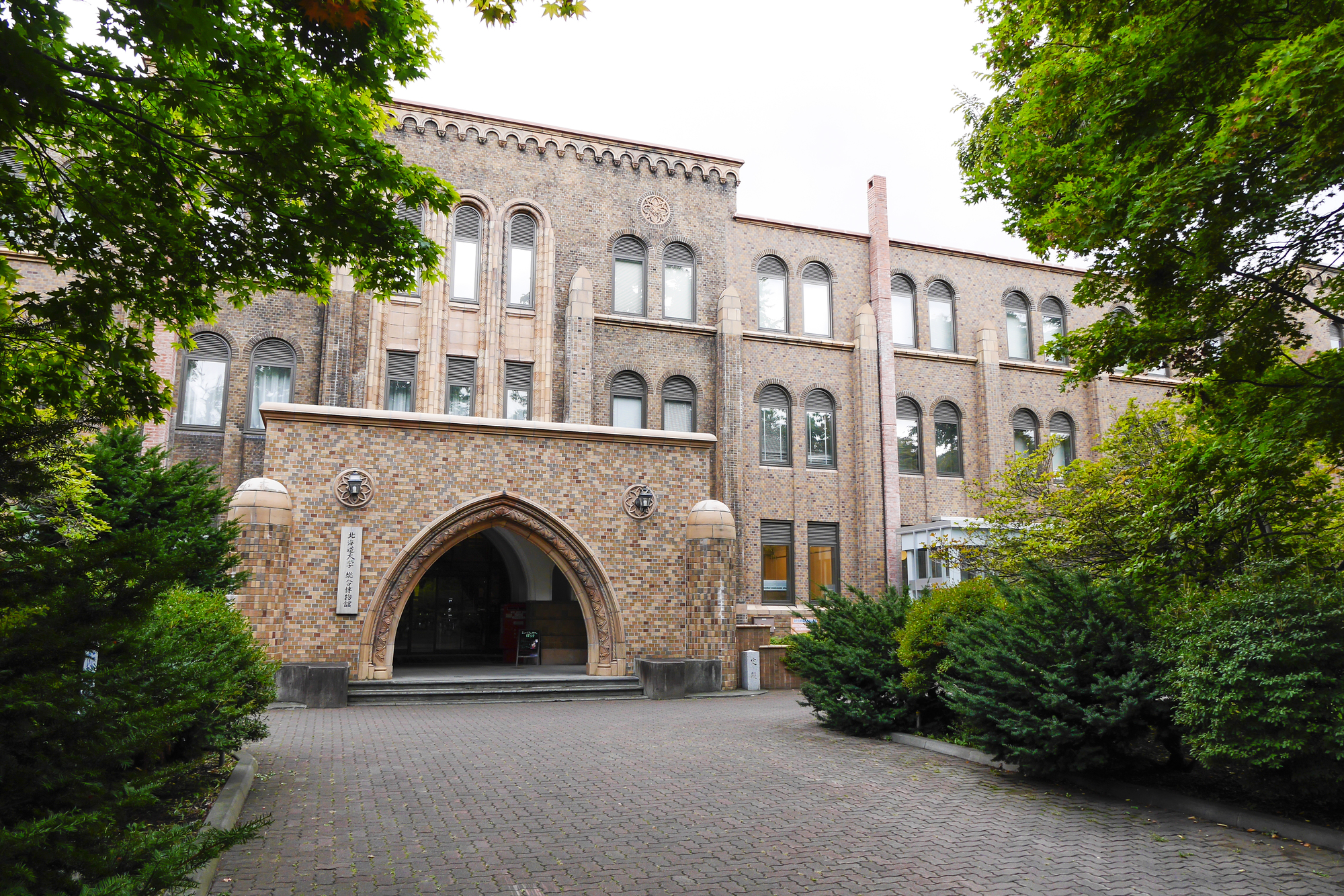A research group led by Professor Hiroyuki Yamaguchi of Hokkaido University and Sapporo Medical University has found that in moderately humid environments, high-touch surfaces (such as handrails and doorknobs that are frequently touched by people) can be easily heated to human skin (37°C) to cause them to adhere to the surface. They discovered that the survivability of human pathogenic bacteria can be dramatically reduced.
Healthcare-Associated Infections (HAI), which occur from contact between medical staff and patients through high-touch surfaces in medical-related facilities, are more likely to occur when patients are older and have lower immunity compared to community-acquired infections. It often affects patients and is a worldwide problem. As a preventive measure against HAI, frequent cleaning of frequently touched surfaces, which are hot spots for infection, has been implemented, but control is not sufficient due to the emergence of bacteria that have acquired resistance to disinfectants and antibiotics. I can not say.
Our research group has shown in previous studies that temperature affects the number of airborne bacteria and the number of viable bacteria on dry surfaces.These results suggest the possibility of controlling bacterial survival simply by adjusting temperature, without relying on chemicals such as disinfectants.
Therefore, we first investigated the effects of changes in temperature and humidity on the number of bacteria on frequently touched surfaces in hospitals.As a result, it was found that in a hospital environment with relatively low temperature and humidity, the number of viable bacteria on frequently touched surfaces tended to be significantly higher than in other environments.At this time, since no difference was observed in the frequency of human intervention, it can be considered that the temperature and humidity of the environment influenced the survival of the bacteria.In other words, it is suggested that the survival of pathogenic bacteria may be reduced by heating a dry surface to the level of human skin in an environment with guaranteed humidity.
Based on this result, we created a device that looks like a handrail that can heat human skin (37℃) and verified the survival of pathogenic bacteria.We found that the number of viable bacteria in the heated area was higher than in areas with a lower temperature. It was found that there was a significant decrease in
The results of this research are expected to lead to the development of infection control methods based on a completely new concept that can replace chemical substances for controlling pathogens attached to frequently touched surfaces.
Paper information:[PLOS ONE] Human pathogenic bacteria on high-touch dry surfaces can be controlled by warming to human-skin temperature under moderate humidity


